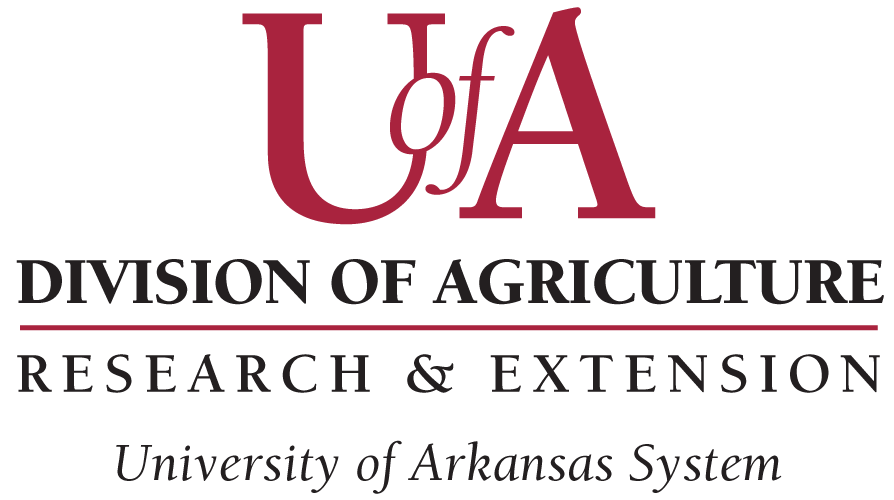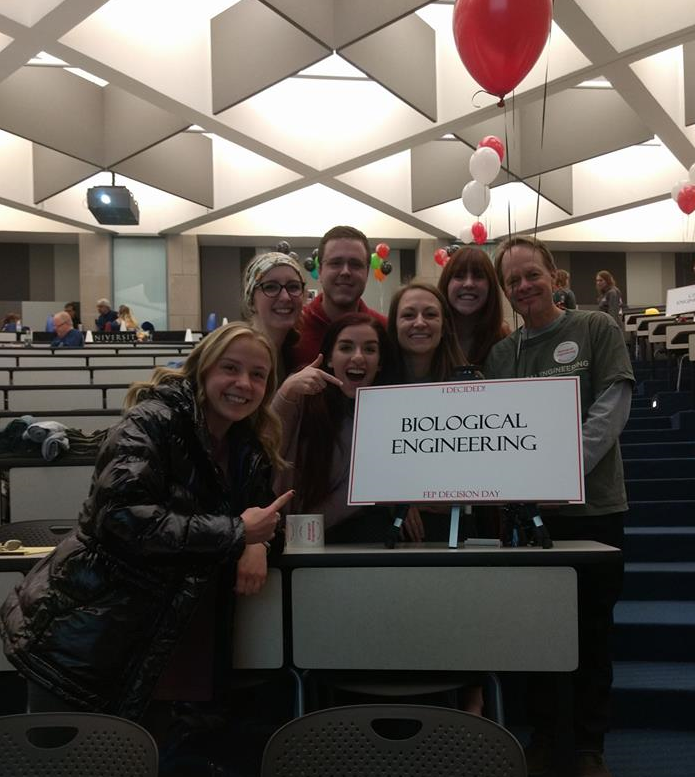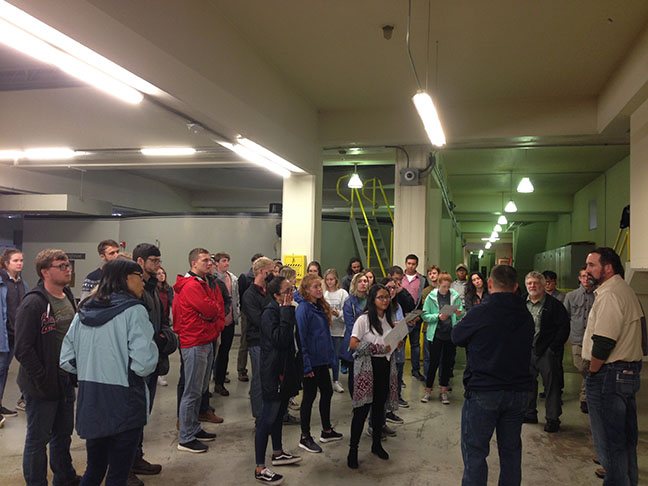Department of Biological & Agricultural Engineering
203 Engineering Hall
1 University of Arkansas
Fayetteville, AR 72701
Phone: (479) 575-2352
Fax: (479) 575-2846

Undergraduate Programs
Bachelor of Science in Biological Engineering

Biological engineering incorporates the science of biology into the profession of engineering. Biological Engineers use the scientific understanding how living things function to design solutions for problems that involve the ecosystem, which is the interaction of people, plants, animals, microbes and their common environment. More specifically, the focus of the U of A BENG program is on biosystems that produce and utilize water, food and energy. The goal of biological engineering is to make these biosystems sustainable. The human population is rapidly growing increasing the demand for clean water, healthy/affordable food and clean/renewable energy. These resources are limited and will not keep up with population growth unless key engineering problems are solved very soon.
As a student in the U of A BENG program, you’ll learn how to:
- control water quality and flow from rain falling on fields and forests then flowing through streams, factories and farms and settling in reservoirs
- prevent water pollution and find economical ways to clean our water
- produce food sustainably with less water, energy and other inputs, while minimizing the production of greenhouse gases
- economically process food to to maximize the availability of safe and nutritious food
- produce and utilize fuel from biomass, and economically utilize wind, solar and other alternative renewable energy sources.

In addition to traditional engineering tools, you will learn how to use life cycle analysis, global information systems, and risk assessment to investigate the impacts of engineering design on the ecosystem and the impacts of changes in the ecosystem (such as climate change) on engineering design.
Forbes magazine recently listed this area as the best engineering major for the class of 2022. Industries requiring these skills include environmental management (Garver Engineering, CH2M Hill, US Army Corps of Engineers), water treatment (Beaver Water District, OMI), consumer product retailers (Wal-Mart, Estee Lauder, Target), ecosystem restoration and protection (Arkansas Department of Environmental Quality, Dept. of Health, US Environmental Protection Agency), food processing (Tyson, M&M Mars, Anheuser-Busch, General Mills), agriculture (Monsanto, Bayer Crop Science, DuPont), alternative energy (municipal governments), land management (US Forestry Service), and recreation (US Fish and Wildlife Service, National Parks Service).
Requirements for B.S. in Biological Engineering
Requirements for B.S. in Biological Engineering with Environmental Concentration
Student Enrollment and Graduation Data
Retention and graduation data presented in the linked tables is for first time, full time, new freshmen cohorts who enter the College of Engineering in the fall of the reported year. All new freshmen are enrolled in a common first year experience and do not declare a major until mid-way through the spring semester of their freshman year. The College of Engineering table tracks cohorts over a six- year period for the entire college. The Department of Biological and Agricultural Engineering table tracks retention and graduation rates for a five year period, starting when those new freshmen join the department in their sophomore year.
Data on total enrollments by year and total graduates by year is presented here. This student data includes transfer and part-time students who are enrolled in the program.